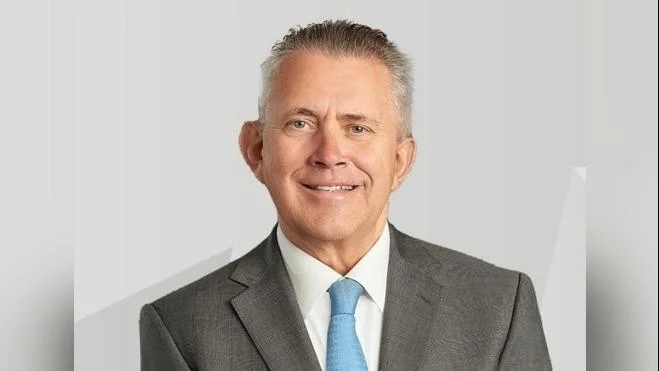As global and local markets adjust to recent tariff announcements, experts from NAB and JBWere shared insights on the current market volatility. NAB Group Chief Economist Sally Auld and JBWere Acting Chief Investment Officer Glen Bertram provided analysis of recent economic developments and their potential impacts on investors.
Sally Auld addressed the implications of the aggressive tariffs proposed by the Trump administration. She remarked, “The shock really was that the tariffs proposed were far more aggressive than most people, including ourselves, had expected.” Dr. Auld explained that these tariffs increased the effective tariff rate from an anticipated 10% to 22%. She described this as a significant tax increase for the US economy, noting, “This is probably one of the largest tax increases that we’ve seen for the US economy since the late 1960s.”
The tariffs could impact the US economy through wealth effects, real disposable income, and sentiment. Dr. Auld predicted higher inflation, lower disposable income, and slowed consumption, stating, “We’re really looking at a world where the direction of forecast changes for the US in particular are quite uncomfortable, meaningfully lower growth and meaningfully higher inflation.”
Glen Bertram discussed equity markets, emphasizing the importance of a diversified portfolio. He stated, “This episode really highlights the benefits of running a diversified multi-asset portfolio.” He observed that while equity markets are volatile, high-grade fixed income and government bonds have performed well. Bertram mentioned potential downside risks for US corporate earnings, noting, “Current estimates in the market for the S&P 500 are still calling for 10% year-on-year growth in US equities, but analysts will shortly start to be marking down their earnings.”
Regarding the cash rate, Dr. Auld explained NAB’s perspective: "There plenty of ammunition should the Reserve Bank see the case for a more rapid adjustment of monetary policy in coming months.” NAB expects the Reserve Bank of Australia to cut rates, potentially bringing the cash rate to just above 3% by early 2026. Dr. Auld said, “A cash rate of around 3.10% is broadly about where we think the neutral cash rate is. At that point, monetary policy wouldn’t be much of a headwind to the economy, but nor would it be overly stimulatory.”
Both experts talked about long-term risks and opportunities. Dr. Auld warned of potential confidence loss in the US dollar, saying, “We have to start to factor in to investment decisions a possibly, structurally, much weaker US dollar outlook in coming years.” Mr. Bertram highlighted what volatility could mean for long-term investors: “While it’s uncomfortable, and while the volatility is extreme, what it does for us mechanically from a long-term investment perspective is that our anticipated returns from these levels are going up as markets fall.”
Dr. Auld also spoke about Australia’s ability to weather economic challenges, citing a low unemployment rate and the Reserve Bank’s capacity to ease policy. “Australia, relatively speaking, is in a good position,” she concluded.
These insights reflect the complexity of the current economic environment and the various approaches to investing during volatile times. The article concludes with a disclaimer: "This article contains general information only and does not take into account your objectives, financial situation or needs. The views expressed by NAB representatives are their own and do not constitute any recommendation or advice. Before you make any decisions, consider seeking advice from a qualified professional."

